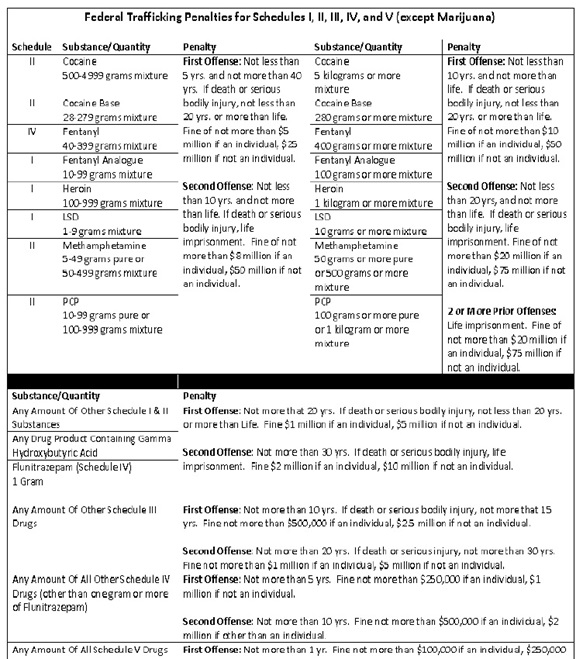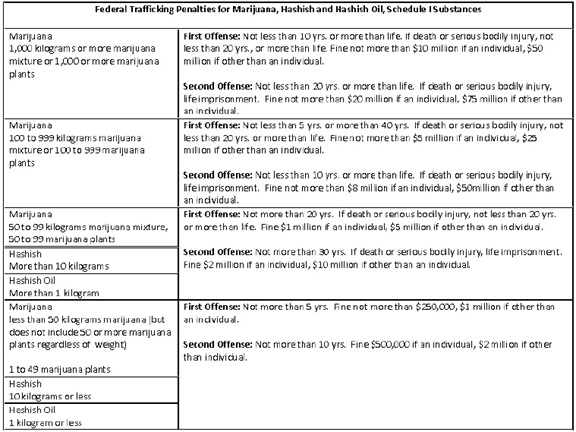Controlled Substance Policy
As an institution within the State of Ohio, Marietta College is committed to encouraging compliance with all state and local laws. Marietta College is opposed to the unlawful possession and use of controlled substances. It is only in an environment free of substance abuse that Marietta College can fulfill its mission. For these reasons, it is the policy of Marietta College that all activities on College property shall be free of the unlawful use of controlled substances.
In accordance with the Drug-Free School and Communities Act, Marietta College has determined that the following behaviors violate this policy:
- The use of non-prescribed controlled substances.
- Possession and distribution (manufacturing, dispensing, or selling) of controlled substances.
- Improper use of prescription medications.
- Possession of drug related paraphernalia (i.e., water-bongs, bongs, bowls, and other common containers) is not permitted on the Marietta College campus.
Unlawful possession, use, manufacture, sale, or distribution of alcohol or illicit drugs may lead to referral to the appropriate federal, state and/or local authorities for prosecution depending on the nature of the offense, it may be categorized as a misdemeanor or a felony and may be punished by fine and/or imprisonment.
The possessing, using, or distributing of controlled substances, including marijuana is against Marietta College policies and is a violation of the Student Code of Conduct. While medical marijuana is legal in Ohio for use by those with written permission from their doctors to use marijuana in a form allowed under the law; possessing, distributing, or using marijuana, even medicinally, violates federal laws, such as the federal Drug-Free Workplace Act and the Drug-Free Schools and Communities Act. These laws require that Marietta College prohibit marijuana in any form. (2/20/19)
Federal law prohibits the distribution and illegal possession of controlled substances (see United States Code, Sections 811 and 844). Depending on the amount, first offense maximum penalties for distribution marijuana range from five years imprisonment and a fine of $250,000 to imprisonment for life and a fine of $4 million. Depending on the amount, first offense maximum penalties for distribution class I and II controlled substances (methamphetamine, heroin, cocaine, cocaine base, PCP, LSD, fentanyl analogue) range from five years to life imprisonment and maximum fines range from $2-$4 million. First offense penalties for the illegal possession of a controlled substance range from up to one year in prison and a fine of at least $1,000 but not more than $250,000, or both.


The State of Ohio and the City of Marietta also may impose penalties for distribution and illegal possession or use of controlled substances. Ohio law prohibits illicit selling, cultivating, manufacturing, or otherwise distribution in controlled substances, including cocaine, heroin, amphetamines, and marijuana; knowingly or recklessly furnishing them to a minor; and administering them to any person by force, threat, or deception with the intent to cause serious harm or if serious harm results. These offenses are felonies. The law also prohibits knowingly obtaining, possessing or using a controlled substance and permitting drug abuse on one’s premises or in one’s vehicle. These offenses may be either felonies or misdemeanors. The law further prohibits obtaining, possessing, or using hypodermics for unlawful administration of drugs and the sale to juveniles of paraphernalia for use with marijuana. These offenses are misdemeanors. A felony conviction may lead to imprisonment or imprisonment plus fine. The maximum prison term is 25 years. A misdemeanor conviction may lead to imprisonment for up to six months and/or a fine of up to $1,000. Violations may also lead to forfeiture of personal and real property and the denial of federal benefits such as grants, contracts, and student loans.
Marietta College may also impose sanctions for those found guilty of distribution, illegal possession of a controlled substance and/or possessions of drug related paraphernalia. The sanctions may include fines, referral for education, suspension or expulsion from the College.